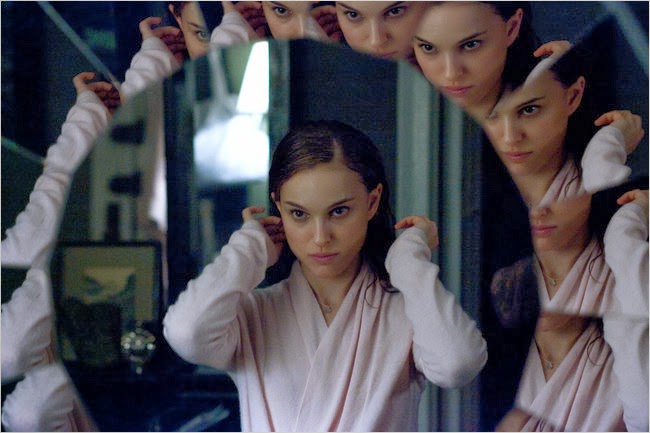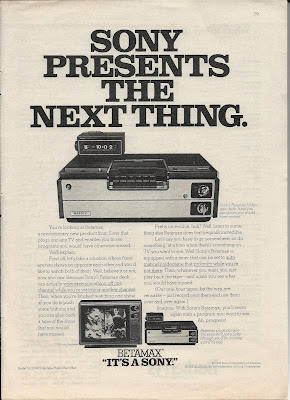PRODUCTION TIPS: Use Interns in Your Productions the RIGHT Way... Or Else

The Black Swan case and the Casting Society of America's recent announcement to cease internship job postings reflects a new world when it comes to using interns in the entertainment industry. The federal and state labor laws are pretty straightforward when it comes to interns, “If the employer would have hired additional employees or required existing staff to work additional hours had the interns not performed the work, then the interns will be viewed as employees and entitled to compensation under the Fair Labor Standards Act (FLSA).” Although it might seem unfair and a break from tradition to producers who remember the good ol' days(?!) when they were the interns themselves or who mean no harm because they are just trying to save as much money as possible for the benefit of the production, it really isn't. Using interns is not an excuse to save money or an opportunity to use free labor, it is an opportunity to teach and hone new ta...
